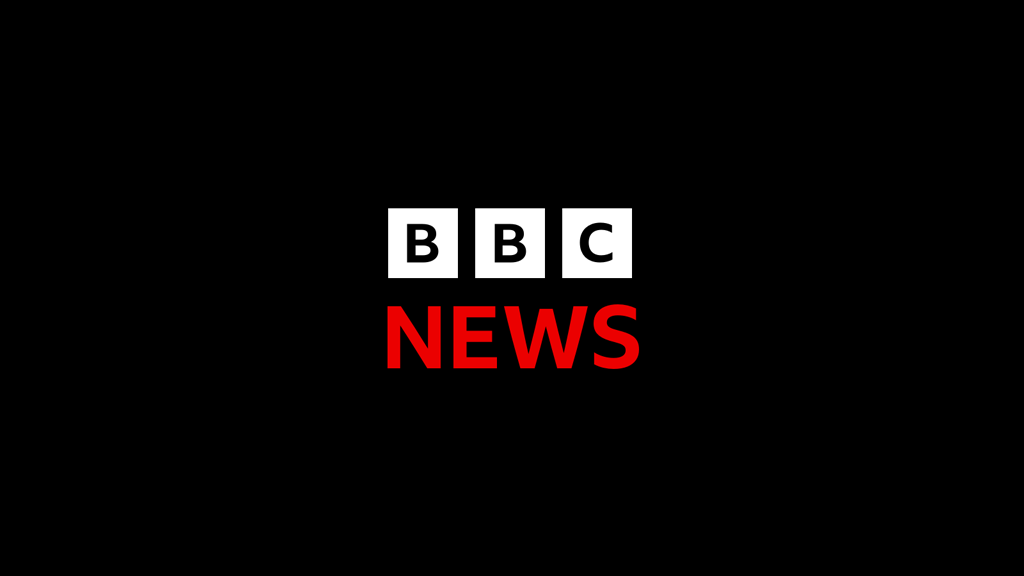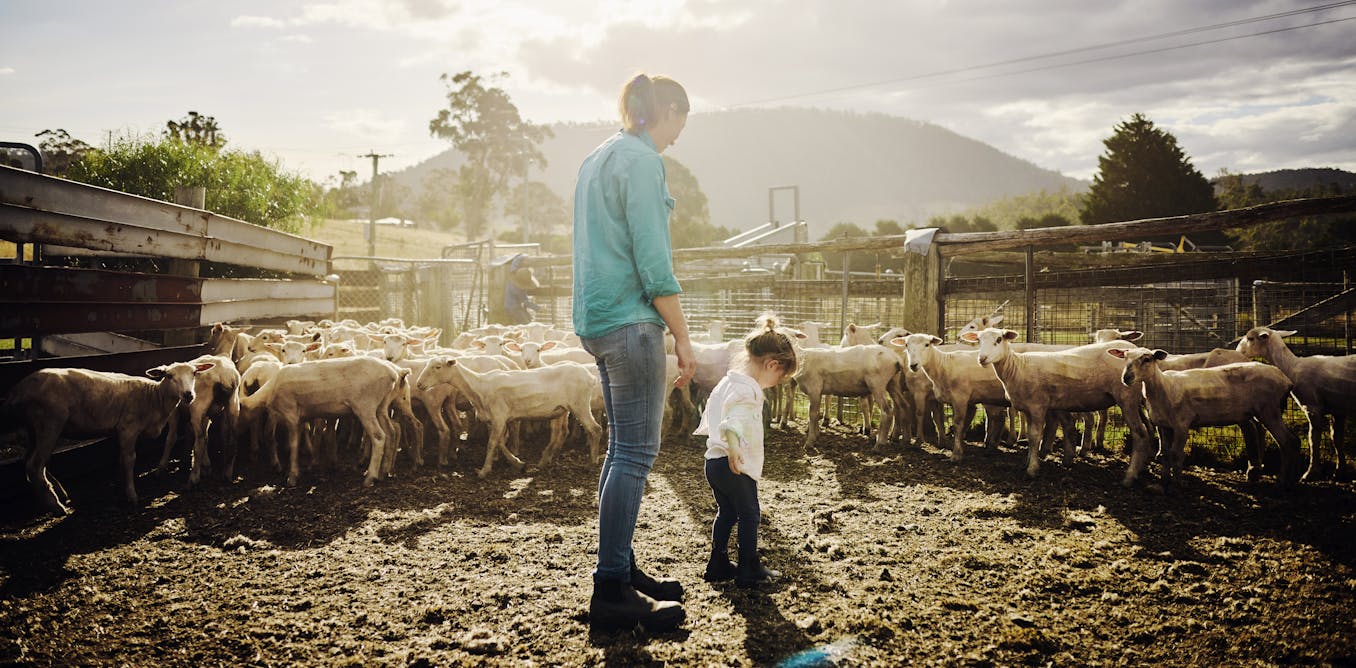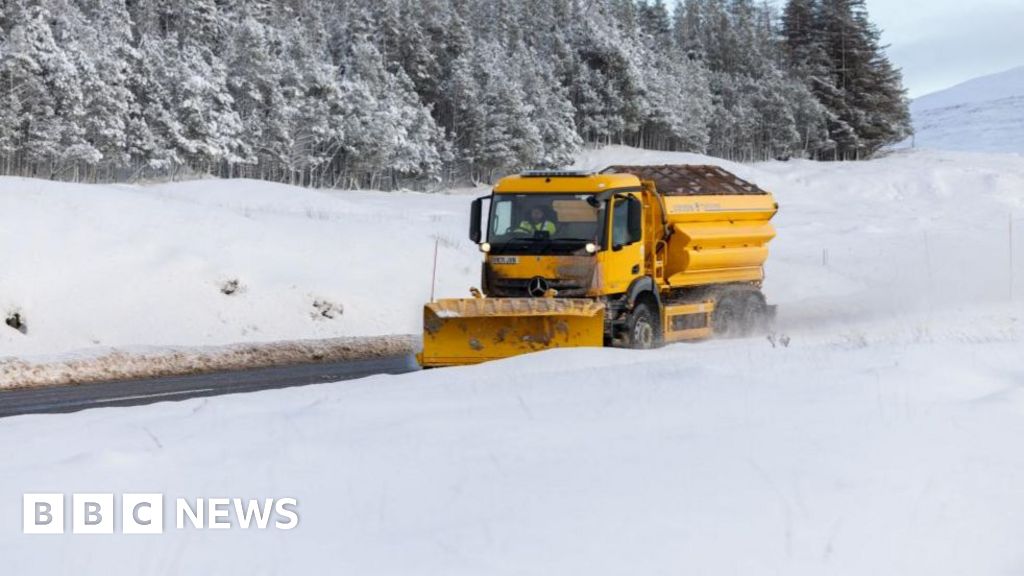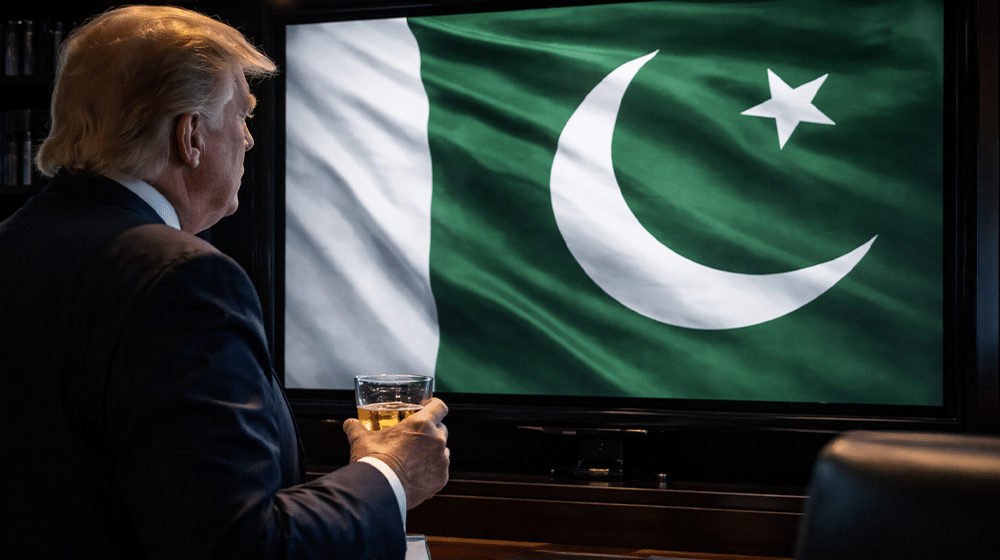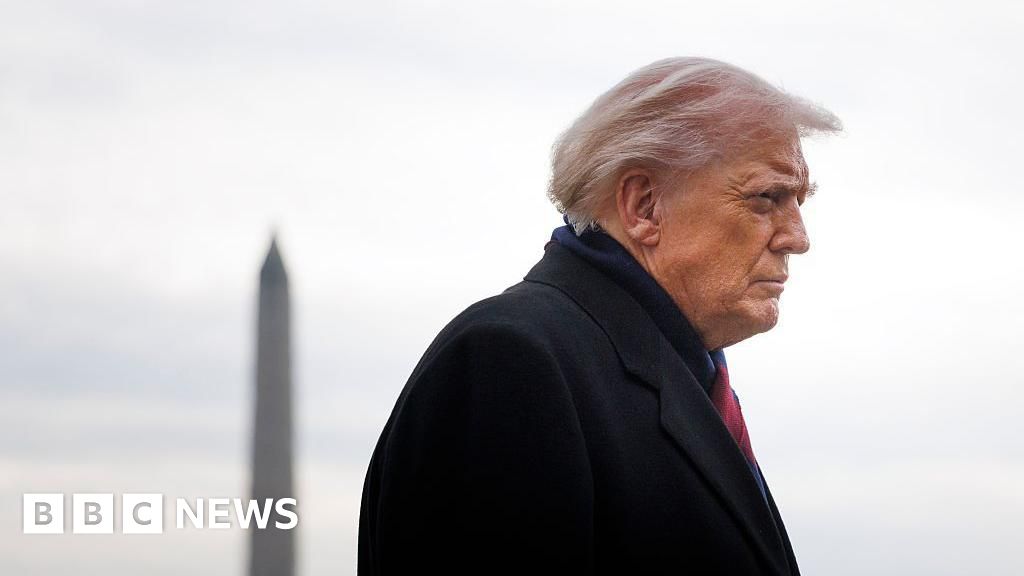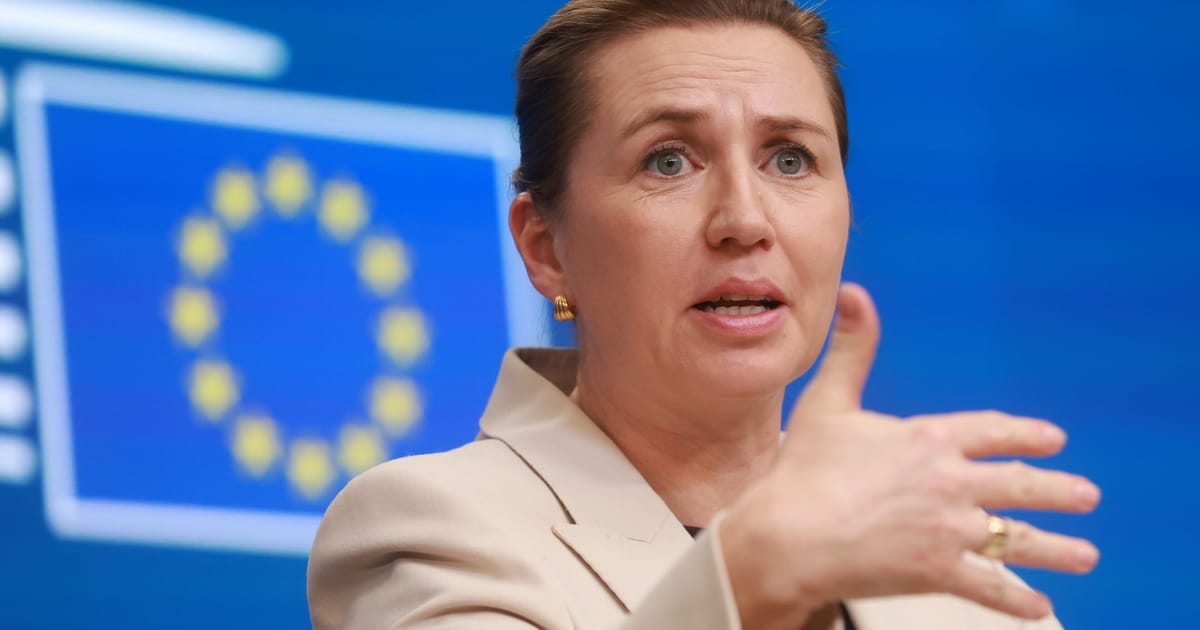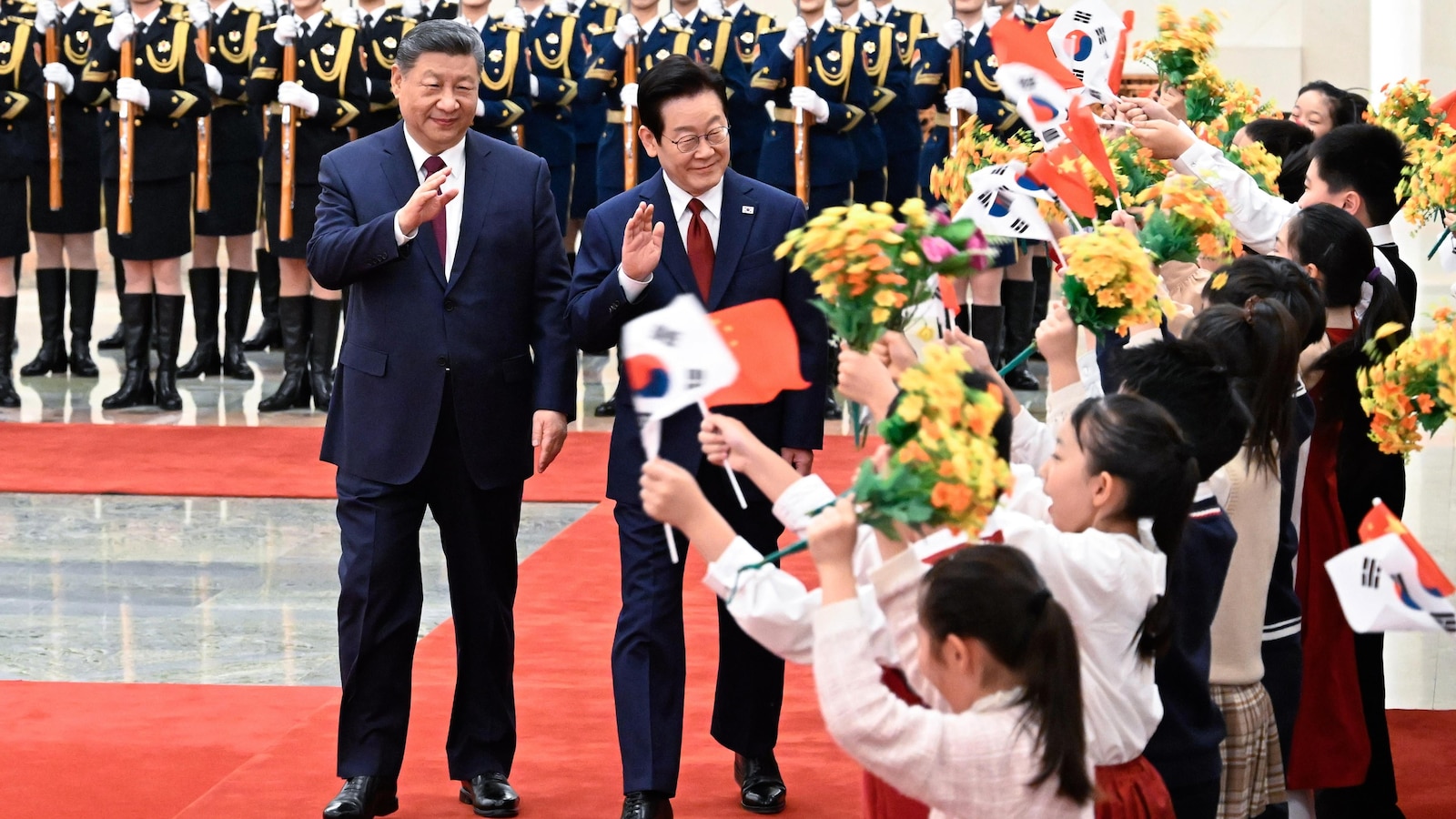- Passengers describe ‘absolute chaos’ as cold snap delays flights and cancels trains in UK BBC
- Snow and ice cause travel disruption in France, UK and Netherlands France 24
- “Arctic airmass” will bring snow, sleet and hail showers, Met Office…
Trump administration to meet with top US oil executives – report
Following the capture, arrest and detention of Nicolás Maduro, the Trump administration is set to meet with top US oil executives, according to a report from Reuters – citing a…
